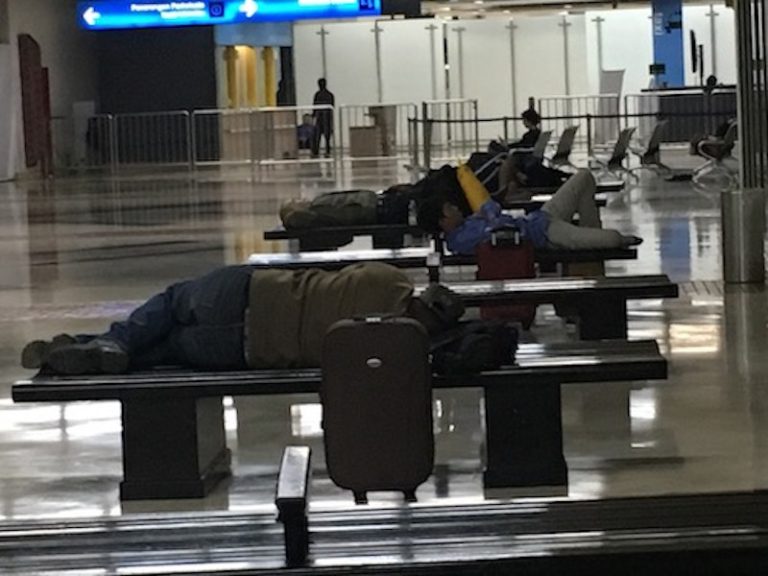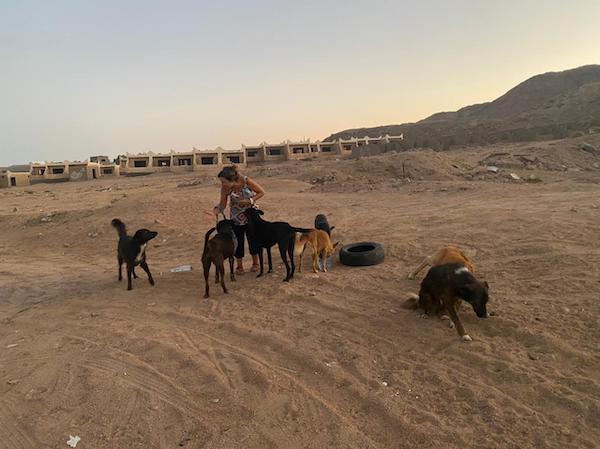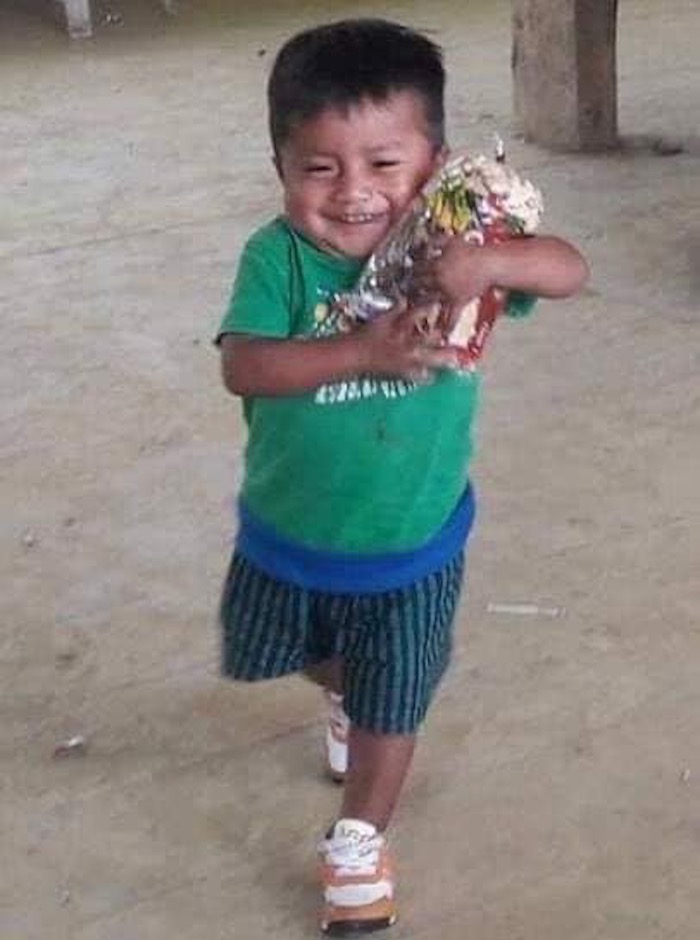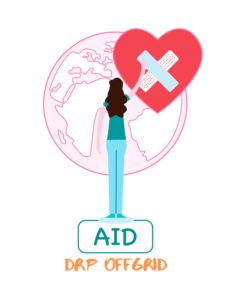
Most of the donations around the world are given in the form of clothing, shoes and medicine.
Following the pandemic of 2020/21, the debate over whether donations can harm a country’s economy continues. There has been a significant increase in requests for aid from charities and governments globally. Experts warn that the full extent of the pandemic’s negative impact on society, especially on the impoverished, has yet to be seen. Additionally, we are currently witnessing unprecedented levels of displacement due to various factors like war, violence, and human rights abuses, which hinder people’s ability to earn a living, leading to health decline and economic exclusion.
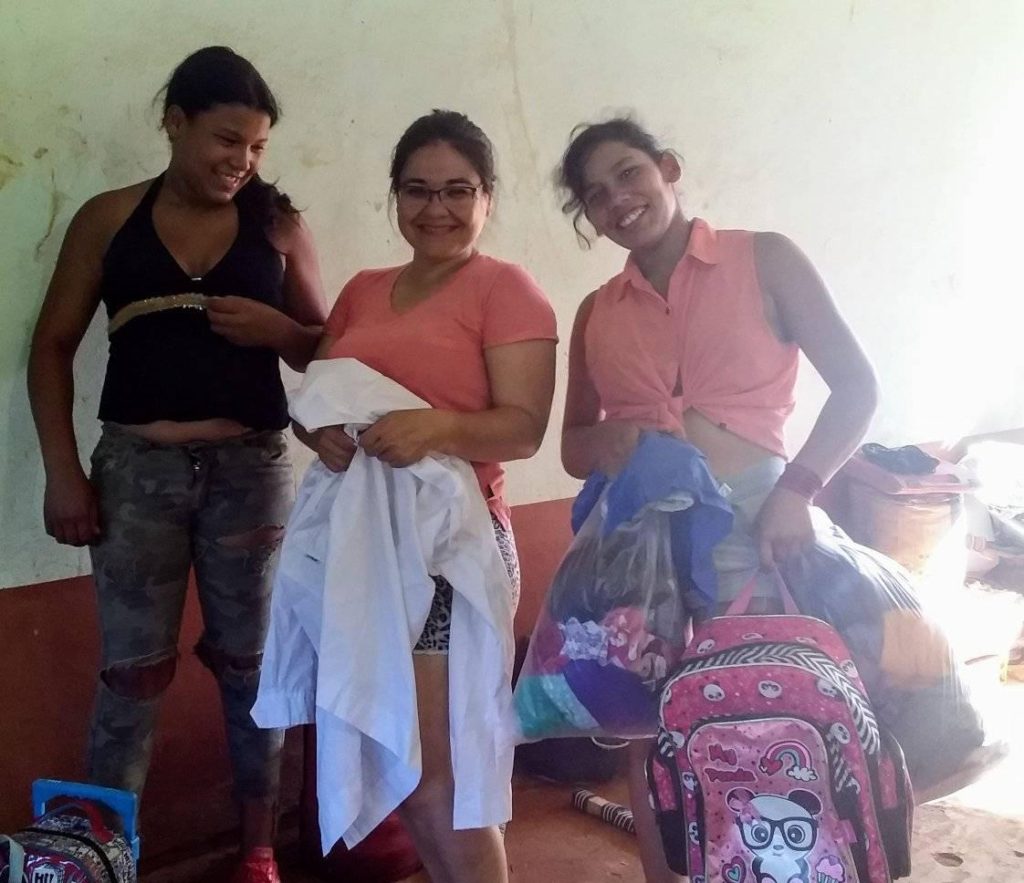
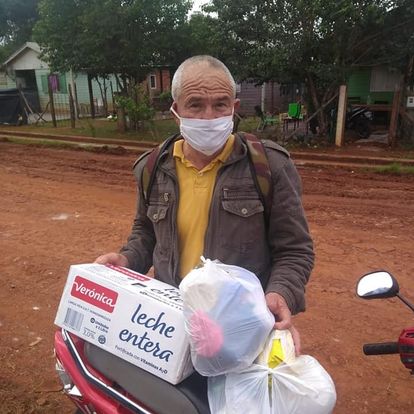
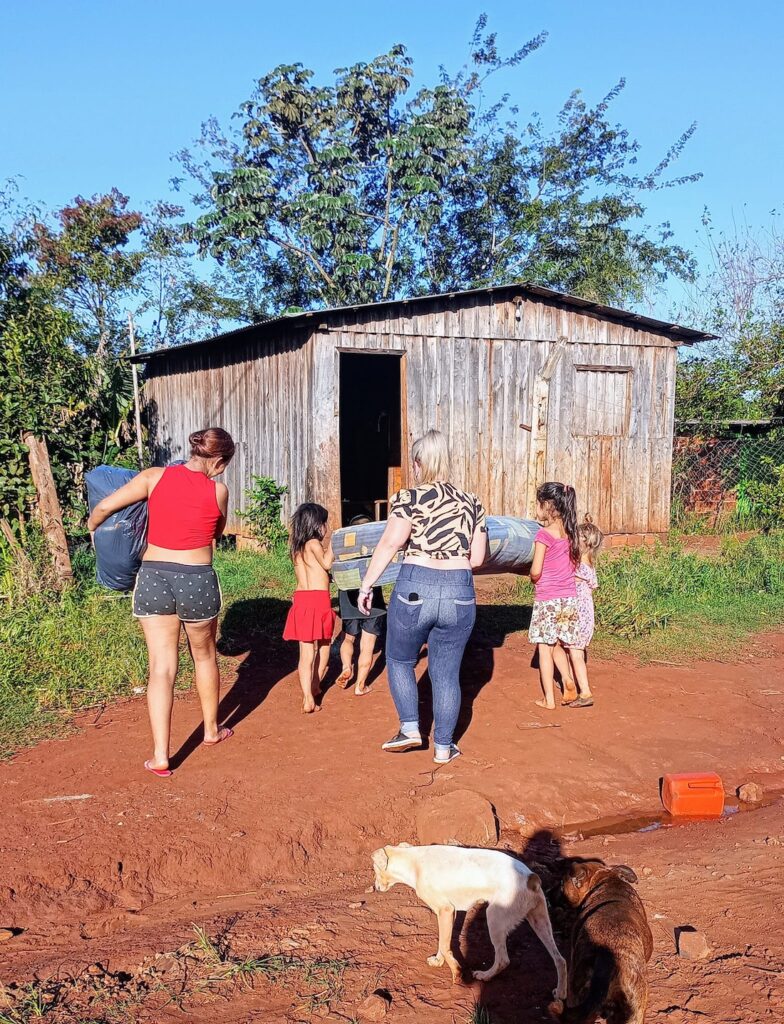
Donating
Donations”hurt” the economy in most places
The claim that donations harm a country’s economy is based on the idea that giving away goods reduces opportunities for businesses to thrive and discourages the establishment of new ones. This argument may hold merit in a global economy where investors look for places with the potential to grow into major economic hubs. Yet, for many people living in various regions, especially rural areas, the chance of having such factories in close proximity is very low.
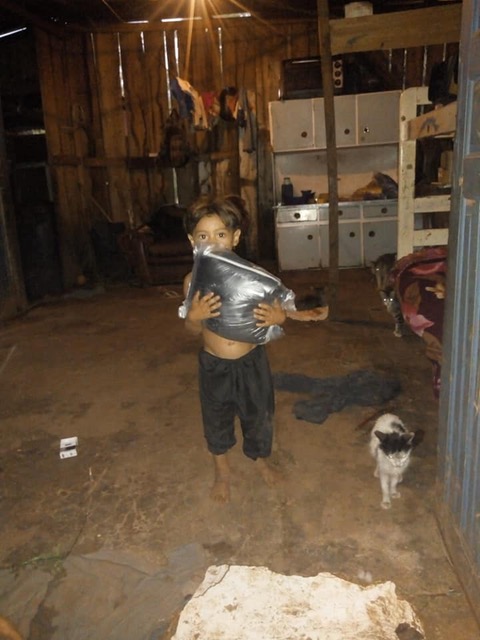
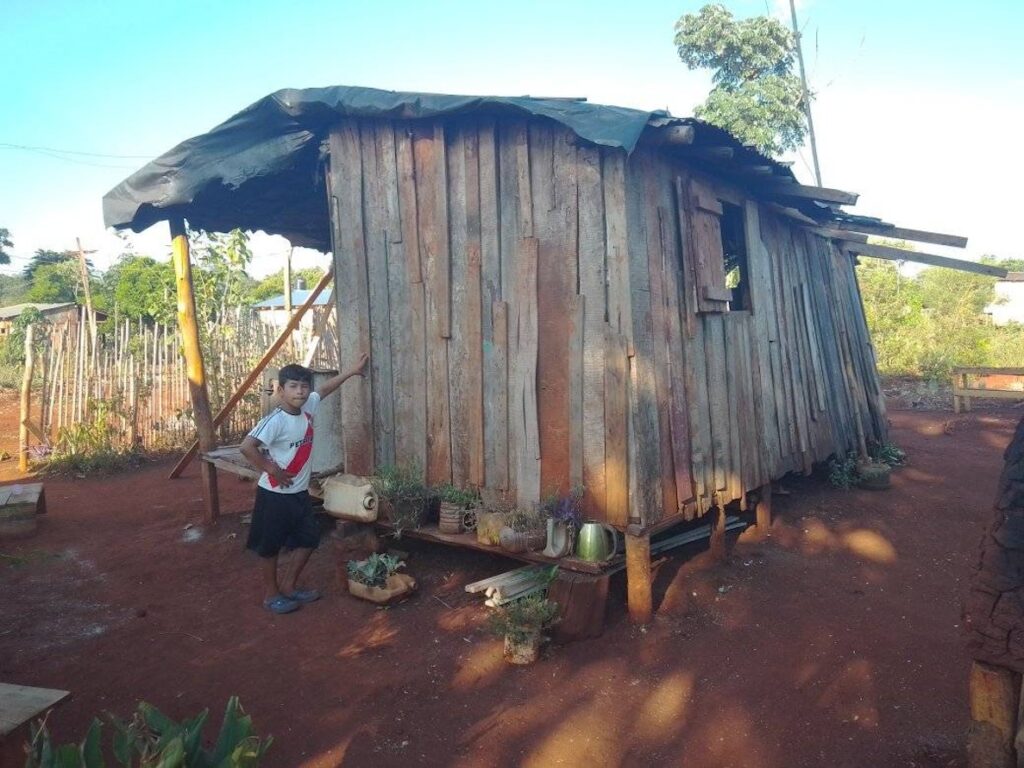
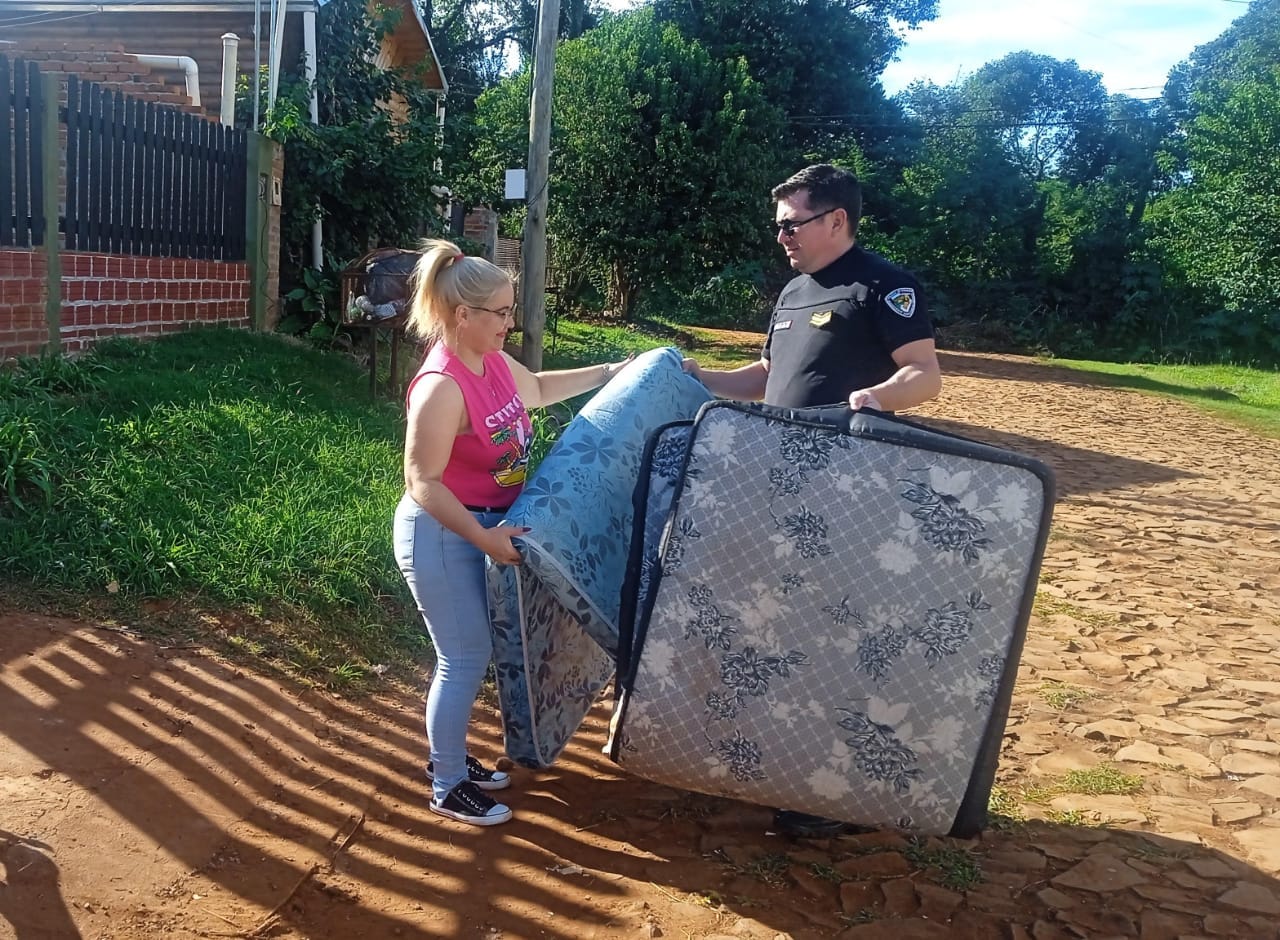
People living in remote areas cannot be concerned about if and when a factory might bring jobs in the future. They need immediate help, whether it is clothing, food, water, and/or medicine. Donations are important, even if they do not solve the problem and may not be a sustainable solution. It is possible to experience extreme poverty while still having access to medicine and clothing, but it is a completely different situation to be left to suffer without any relief. We can work towards building factories and improving living conditions without neglecting the urgent need to alleviate suffering.
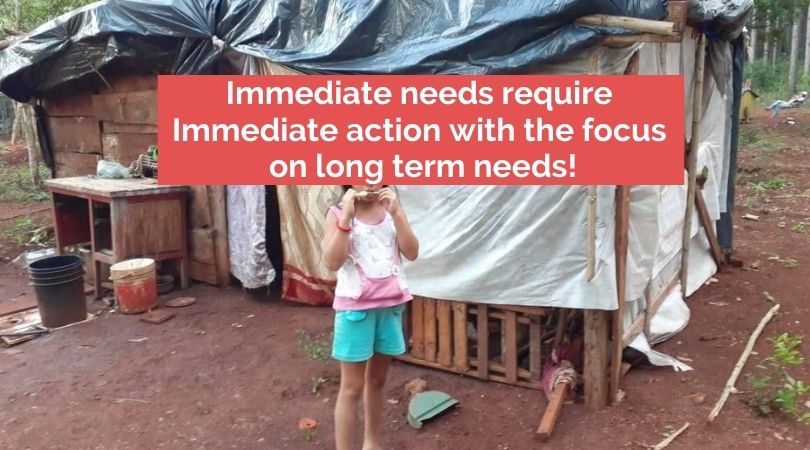
How Donations Provide Relief
When individuals in need receive donations of food and clothing, they experience immediate relief from the struggles they face. These donations can help alleviate financial burdens and provide comfort during challenging times. By giving back to the community through donations, you are offering a lifeline to those who are less fortunate and showing compassion and support when it is needed most.
The Impact of Donating Food
Donating food to those in need can make a significant impact on their lives. By providing nutritious meals, you are helping to alleviate hunger and ensure that individuals have the energy they need to focus on improving their circumstances. Food donations not only meet basic needs but also offer hope and support to those facing difficult times. With each donation, you are contributing to a healthier and more secure community.
The Importance of Clothing Donations
Clothing donations play a crucial role in helping the poor stay warm and protected. By giving gently used or new clothing items, you are offering individuals the dignity of proper attire. Additionally, donating clothing can help individuals secure employment opportunities by providing them with appropriate attire for interviews and work settings. Your donation of clothing can truly make a difference in someone’s life.
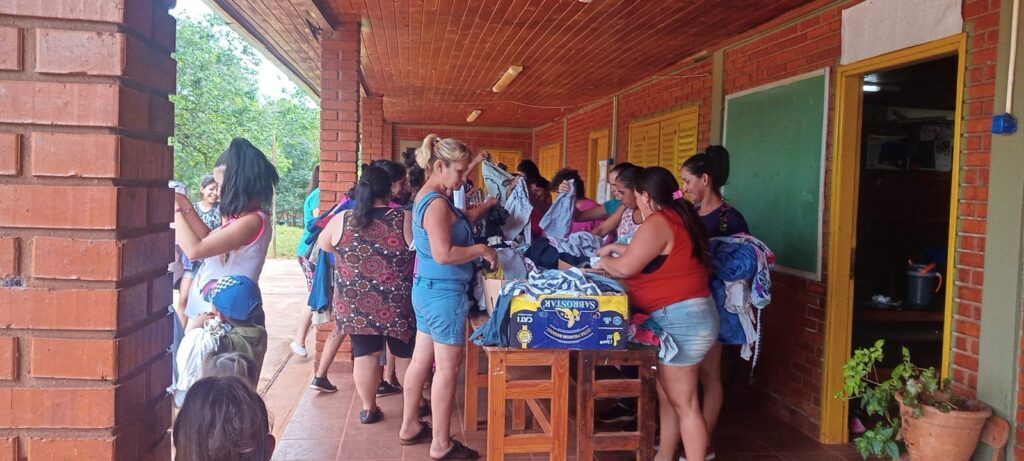
The Ripple Effect of Donations

When individuals or organizations make donations, the money does not simply disappear. Instead, it sets off a ripple effect that can benefit various sectors of the economy. For example, donations to charitable organizations can create jobs, stimulate consumer spending, and boost overall economic growth. Donations of food and clothing have a ripple effect that extends beyond the immediate recipients. When you donate, you inspire others to do the same, creating a cycle of generosity and kindness. Your actions can motivate others to give back to their communities, creating a positive impact that spreads far and wide. Together, we can make a difference in the lives of those in need through the simple act of donating.
The real way to help: Education
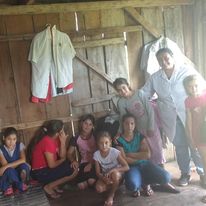
In rural areas, access to quality education is often a luxury rather than a necessity. The lack of educational opportunities can perpetuate cycles of poverty and inequality, leaving many members of these communities trapped in a cycle of despair. However, education has the power to break these chains and open doors to a brighter future.
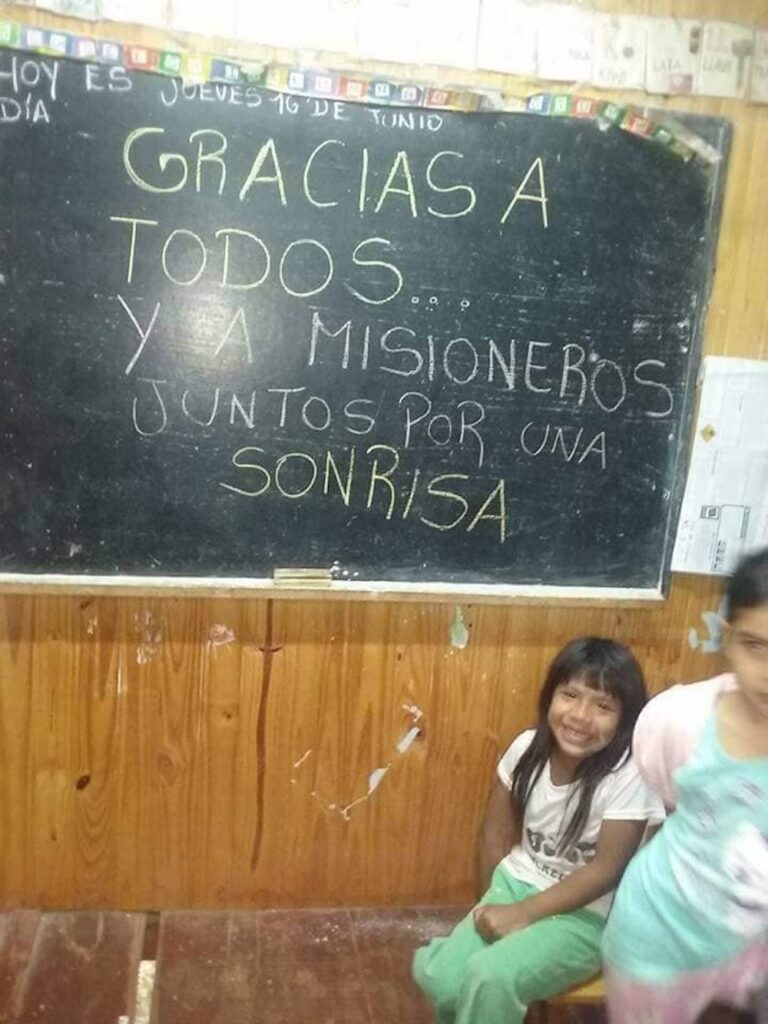
Education is not just about acquiring knowledge; it is a transformative force that can change lives. By providing education to those in need, we are not just offering them a chance to learn but also a chance to thrive. Education equips individuals with the skills and knowledge they need to create a better life for themselves and their families.
Donating and Giving Is Everybody’s Responsibility
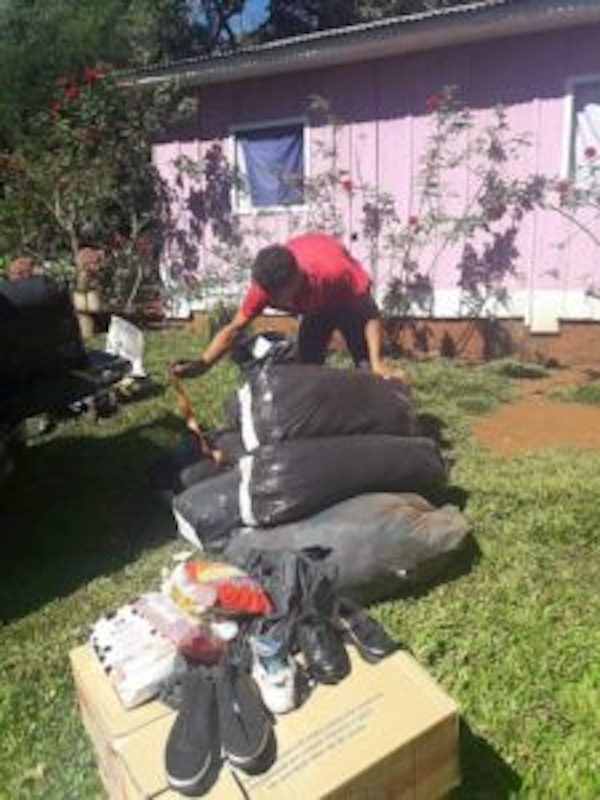
Every single person has a role with respect to another human being who suffers. It does not take much to give a helping hand or to care about someone in need, especially those who are outside of your family and social circle. Arguments about placing businesses in different places to help the poor are good reflection tools that allow influential people to work towards long-term goals, such as establishing factories. However, for those who have traveled extensively to off-grid areas like myself, the possibility of many individuals being reintegrated into the system will probably never happen. Yet, alleviating suffering can be achieved by, for example, donating a doll to a child, providing winter clothes, giving school supplies, setting up access to clean drinking water, and anything that gives these individuals hope and the dignity to have a voice and be seen.
Conclusion: A Call to Action
In conclusion, supporting the needy is not just an individual choice but a shared responsibility that requires collective action. By embracing this responsibility and taking steps to help those in need, we can make a meaningful difference in the lives of others and create a more compassionate world for all. Let us come together, hand in hand, to uplift those who need it most and create a brighter future for everyone.
sorting out donations in the middle of the countryside!!
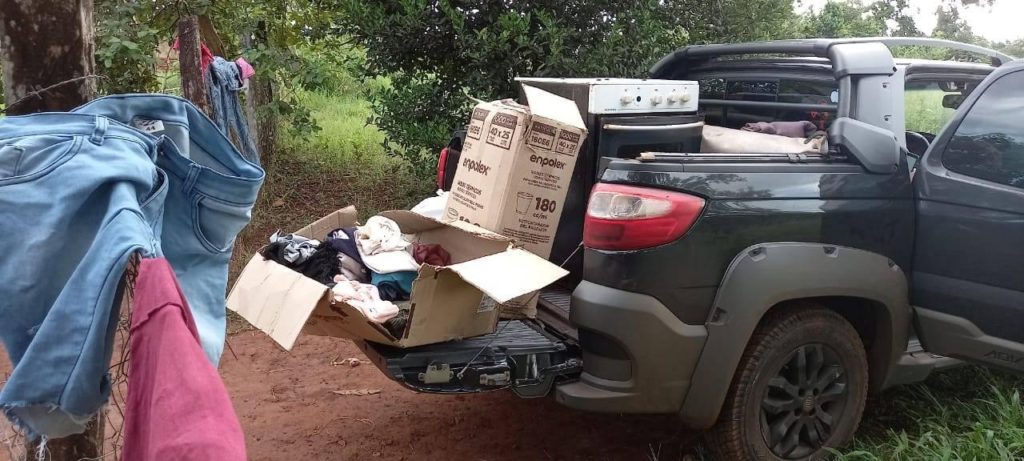
There is enough for everybody in this world, we just have to look at what we have and give one item to the poor. If the wealthy countries gave away just one item each, 1 billon and a half of the people on this planet would enjoy a donation.

